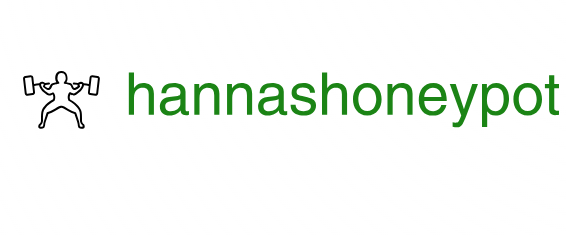Digital detox is becoming increasingly necessary as our daily lives are dominated by technology. From smartphones to laptops, the constant use of digital devices consumes vast amounts of our time, often leaving us feeling overwhelmed and disconnected from the world around us. By embracing a digital detox, individuals can reclaim their free time, reduce stress, and foster more meaningful connections with others.

The Need for Digital Detox
In today’s world, digital detox is crucial to maintain a balanced lifestyle. The endless stream of notifications, social media updates, and emails can make it difficult to focus on personal tasks. Many people find themselves endlessly scrolling through their phones, losing hours that could be spent on more productive activities. This overconsumption of digital content leads to feelings of anxiety, restlessness, and an inability to relax.
Moreover, constant engagement with digital devices can take a toll on mental health. Research has shown that excessive screen time is linked to increased stress, depression, and feelings of isolation. By unplugging from digital distractions, individuals can take a step back, prioritize self-care, and reclaim time for activities that bring joy and fulfillment.
Benefits of Reclaiming Your Free Time
A digital detox offers numerous benefits, the most notable being the ability to reclaim your free time. Without the distraction of constant notifications, individuals can rediscover hobbies, connect with loved ones, or simply enjoy a moment of peace. Free time, when managed well, can significantly reduce stress levels, improve productivity, and enhance overall well-being.
By taking a break from screens, people often experience an increase in creativity. Without the distractions of social media or work emails, the brain can focus on more creative pursuits such as reading, writing, or crafting. This creative outlet allows individuals to express themselves in new ways and engage in activities they genuinely enjoy.
Additionally, reclaiming your free time through a digital detox can strengthen relationships. With less time spent online, people can focus more on building meaningful connections with friends and family. Whether it’s engaging in face-to-face conversations, participating in group activities, or spending quality time together, the benefits of a more connected social life are evident.
Strategies for a Successful Digital Detox
To effectively engage in a digital detox, setting clear boundaries is essential. Begin by identifying how much time is spent on digital devices daily, then establish limits to reduce screen time. Simple strategies include designating “device-free” zones in your home, such as the bedroom or dining area, where phones, laptops, and other digital distractions are not allowed.
Another approach is scheduling “offline” hours during the day, where all devices are turned off, and time is reserved for other activities like reading, exercising, or spending time outdoors. By incorporating these small habits into daily routines, individuals can gradually reduce their dependence on digital devices and find more time for themselves.
Social media breaks are also an important part of a screen break. Consider temporarily deactivating social media accounts or removing certain apps from your phone to minimize distractions. This can help reduce the urge to constantly check notifications and allow for more focused time on personal interests.
Achieving Balance in a Digital World
While digital detox is beneficial, achieving balance in a digital world requires a long-term strategy. Rather than completely avoiding technology, it’s essential to learn how to use it mindfully. Prioritize activities that align with personal values and goals, and use technology in ways that support these objectives. For example, schedule time for productivity apps, work tasks, or educational content, but ensure there is always space for offline activities.
Finding balance also means embracing the power of being present. By reducing digital distractions, individuals can become more mindful of their surroundings and appreciate the little moments in life. Whether it’s enjoying a quiet cup of coffee or spending time with family, being present enhances the quality of life and brings a deeper sense of fulfillment.
Conclusion
Engaging in a digital detox allows individuals to reclaim their free time, reduce stress, and nurture meaningful relationships. By setting boundaries and embracing more offline activities, people can experience a better balance between the digital and real world. A mindful approach to technology not only enhances creativity and productivity but also fosters a healthier, more fulfilling lifestyle.











